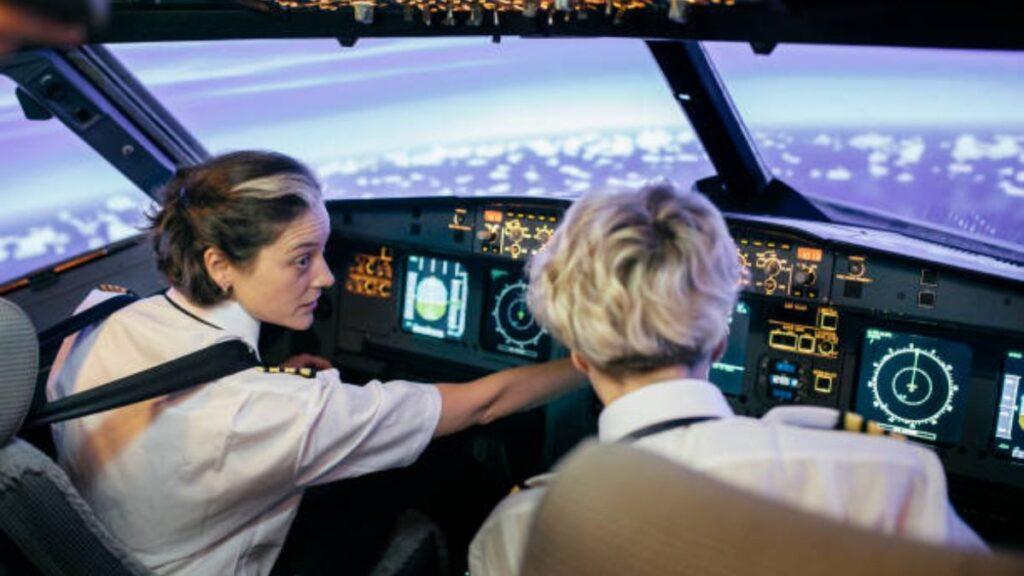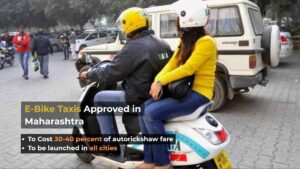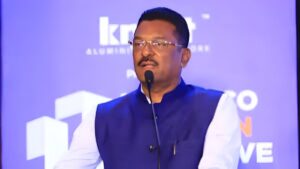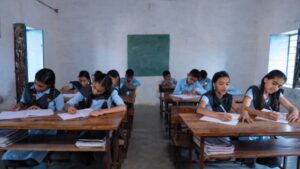First in India! Air India to start a pilot training academy in Maharashtra

Air India will set up a flying school in Amravati, Maharashtra, to meet the shortage of pilots likely to be faced in the future.
It will have an annual capacity for 180 pilots, who would get direct entry into the cockpit of Air India, subject to their successive clearing of training levels.
An ET report stated that Air India has chosen about 30 single-engine and four multi-engine aircraft from American firm Piper and European manufacturer Diamond for its training fleet.
It is in this regard that the Indian government has been pushing forward to promote commercial pilot training in the country, as over 40% of students now seek training abroad, which can have a cost ranging from Rs 1.5-2 crore.
According to an informed source, “Air India wants to control the supply of the next generation of pilots which. The school will be a critical part of the national carrier’s long-term talent pipeline. Second the airline wants to ensure the quality of training. The quality of training in flying schools in India leaves much gap forcing students to go abroad.”
This is also a marked departure from the training strategies followed so far by leading Indian airlines — IndiGo and SpiceJet, for example — which had, in the past, entered into collaborations with independent flight schools in India and overseas to establish branded training programs. For instance, IndiGo has tie-ups with seven such flight schools.
With the Tata Group taking over Air India and the company ordering 470 aircraft, CEO Campbell Wilson wants to inject an aircraft every six days into the fleet during 2024.
The new school by the Tata group has been primarily set up to meet its requirements, but it views itself to be of interest in the future for meeting external requirements as well.
The airline has created its training center in Gurgaon in partnership with Airbus and L3 Harris of the US. At this facility, there are six simulators to support its type-rated and recurrent training programs.
According to the aviation training regulations, each pilot must obtain ab initio training before they are licensed. Pilots have to undergo type-specific training to fly one specific type of aircraft, for example, an Airbus A320 or Boeing 737, to obtain particular endorsements in their licenses. They must also have recurrent training each year to maintain these endorsements.
He is now Sunil Bhaskaran, a Tata group veteran and ex-CEO of AirAsia India, director at the academy as he oversees efforts towards continued investment in the training infrastructure of Air India.
Large aircraft orders from Indian airlines will boost the demand for flight simulation centers as airlines rush to train their pilots. IndiGo, Air India, and Akasa have purchased nearly 1,250 aircraft to be delivered within ten years.
“The shortages of trained resources are far more serious than currently estimated or visible for Indian airlines, and poaching by Middle Eastern carriers is likely to accentuate the labor shortage issue,” said Kapil Kaul, CEO of CAPA India.







